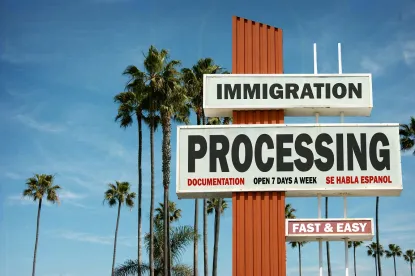The wait to get a U visa approved can run into many years. Immigrants risk their lives to cooperate with law enforcement and do not get their applications adjudicated for a long time. Currently, United States Citizenship and Immigration Services (USCIS) is processing U visa applications from March 2016.
What Is the U Visa?
In 2000, Congress created the U visa to encourage victims of criminal activities to come forward and cooperate with law enforcement authorities, to ultimately improve public safety. These victims must have suffered substantial mental or physical abuse due to criminal activity occurring in the United States or violating a U.S. federal law outside the United States. Additionally, the law enforcement authorities must certify that the victim has been, is being, or will likely be helpful in the investigation or prosecution of the criminal activity. In exchange for this cooperation, victims can potentially obtain legal status in the United States.
USCIS limits the number of U visa applications per year to 10,000. Applicants and derivatives can work and stay in the United States for up to four years. After the applicant has been in U visa status for at least three years, the applicant will be eligible to apply for Lawful Permanent Resident status. Unfortunately, due to the delay in processing the applications, applicants do not receive their work authorizations.
Impact of Long-Pending Applications
In April 2020, USCIS reported that more than 250,000 U visa applications were currently pending. While their application is pending, a noncitizen does not receive employment authorization and can be subject to deportation. So, many immigration attorneys are taking the route of filing federal litigation to have their client’s application adjudicated.
“Not only do we have the fear of just the general climate right now, but we also have the additional fear of, ‘Am I tied to my abuser?’” said Whitney Phelps, Managing Attorney of Community Programs at the Pennsylvania Immigration Resource Center. “When your freedom is tied to the person who physically harms you or mentally and emotionally abuses you, you feel stuck. We see clients who’ve been threatened that their spouse is going to call ICE and is going to get them deported.”
“We’re filing lawsuits, not to get a big pot of money or anything like that, but rather just have a court order,” said David J. Freeman, an immigration attorney from Pennsylvania. “It provides a decision, and the U visa waiting list nets them an Employment Authorization Document and a promise that they will not be deported.” Recently, Attorney Barley Snyder won a U visa through litigation, and now other central Pennsylvania attorneys see this becoming a national model to have their U visa petitions adjudicated.



 />i
/>i
